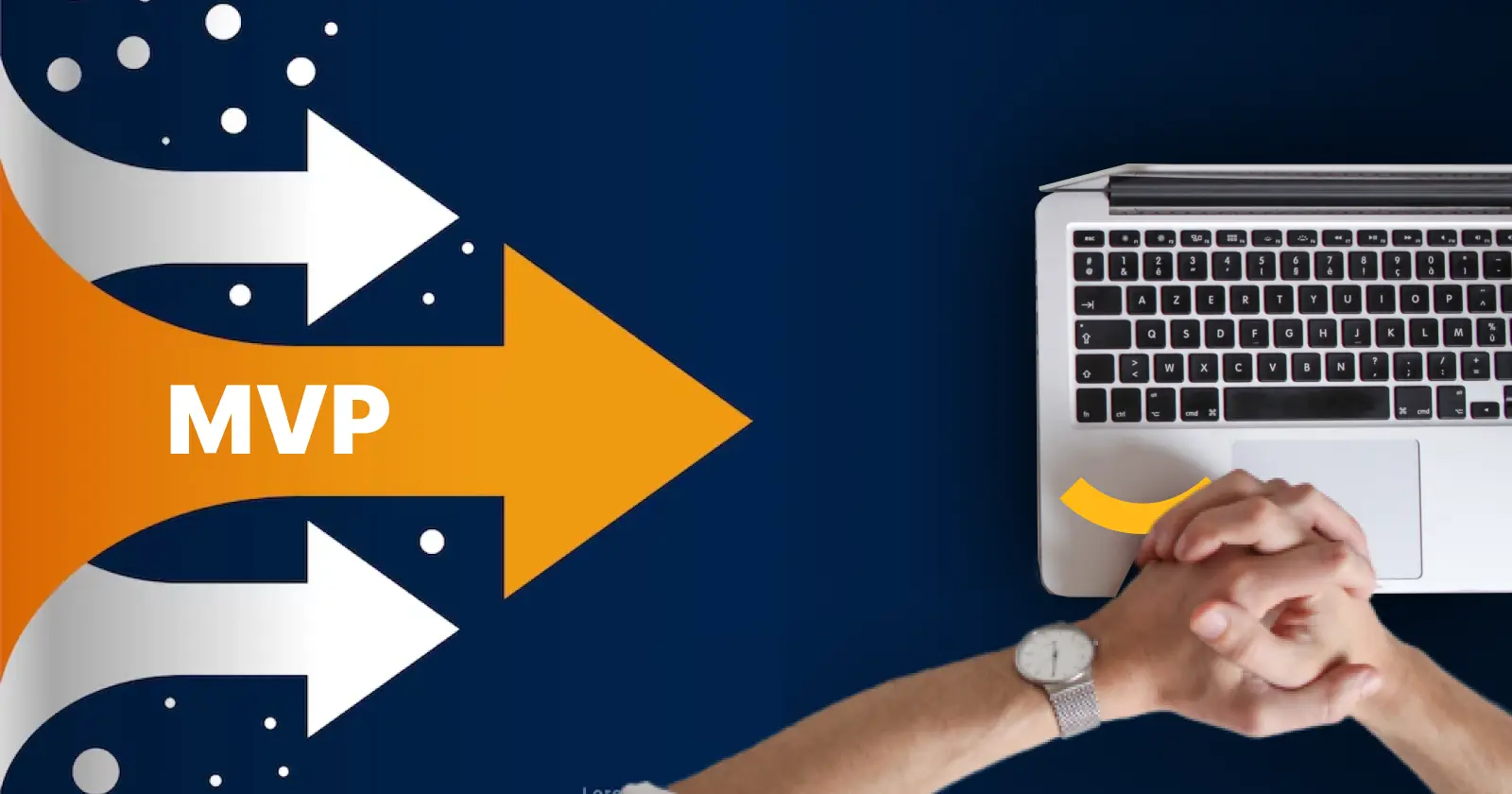What's the first thought you get when you think of staying somewhere when you are on vacation? - For the majority! It's Airbnb!
But do you know that a tech company like Airbnb was started by 2 non-technical founders?
It's important to remember that you don't have to be a coding genius to start a successful tech company. However, you do need to have a good understanding of the technology your company is building and using.
If you are a non-tech founder building an MVP for your startup, here are 5 Simple Steps to Build Your Tech Startup:
Now, what in the world is an MVP?
MVP stands for Minimum Viable Product. Basically, It's essentially the simplest version of a product that still has enough features to charm its users. It's like, a little something to make people fall in love with it before going all out. So, it's like giving them a taste to see if they're hungry for more!
Okay, but how important is an MVP for a startup?
MVP helps validate your idea in the real world with minimal resources. Saves time and resources by avoiding extensive development before you test for its market fit.
Are there any tips to build an MVP as a Non-Technical Founder?
Oh, yes! You can build your MVP, no matter if you are a technical or a non-technical founder. For that, you need to:
1️⃣ Clarify Your Vision:
Make sure you understand what your product is all about and how it solves problems for your audience. Knowing your target audience and their struggles will help you explain your idea to potential investors and tech experts.
Airbnb has a clear vision and built a successful company by focusing on its target audience (travelers) and their pain points (finding affordable accommodations).
2️⃣ Build a Strong Team:
Surround yourself with a diverse group of professionals who complement your skills. Look for tech co-founders, developers, or freelancers who can help bring your vision to life. Collaborating with people who have different technical skills will make your product development process stronger.
Stripe was able to build a strong team by surrounding themselves with people who had the skills they needed
3️⃣ Get Feedback Early:
Engage with your target audience early on to get feedback and ensure your concept is solid. Use surveys, interviews, or prototypes to see what users like and improve your MVP. This way, you can build a product that really resonates with your audience.
Dropbox was able to get feedback early by releasing a beta version of its product and asking users for their input. This feedback helped them to improve their product and make it more user-friendly.
4️⃣ Be Agile:
Adopting agile development methods can help non-technical founders break down their products into smaller, manageable tasks (sprints), prioritize features based on user feedback, and work closely with their teams. This approach makes your development cycle more efficient and helps you adjust quickly.
Spotify was able to be agile by breaking down its product into smaller, manageable tasks (sprints) and prioritizing features based on user feedback. This approach made their development cycle more efficient and helped them to adjust quickly to changes in the market
5️⃣ Use No-Code or Low-Code Tools:
Explore no-code or low-code platforms that let non-techies create functional prototypes or even MVPs without needing to know tons of coding. These platforms have easy-to-use interfaces and pre-built components, so you can focus on your product's functionality and user experience.
Use tools like Figma, with which you can quickly translate your vision into tangible designs, allowing you to gather valuable user feedback and iterate on your product seamlessly. Figma's intuitive interface and drag-and-drop functionality make it a go-to tool for non-tech founders looking to build a captivating and user-friendly product.
Zapier used no-code tools to create their product. Zapier is now one of the most popular automation platforms in the world.
6️⃣ Consider Outsourcing:
Consider partnering with an outsourcing company to complement your team and bring specialized expertise to the table. Outsourcing can be a game-changer for non-technical founders, as it allows them to focus on their core competencies while leaving the technical aspects to professionals.
Slack, for instance, leveraged outsourcing to enhance its app's development and integration capabilities. This approach allowed them to scale rapidly and deliver a top-notch product to their users.
By working with an outsourcing partner, you can access a vast talent pool, reduce development costs, and accelerate the time-to-market for your product. A reliable outsourcing company will align with your vision, understand your needs, and contribute to the success of your venture.
What are the things to consider while opting for an outsourcing IT services partner? - Check here
Here’s a fun fact about Airbnb: The most popular Airbnb destination is Paris, France. And if you think about it, what Ernest Hemingway said feels right! “There are only two places in the world where we can live happily – at home and in Paris.”
related tags

 5 mins to read
5 mins to read



